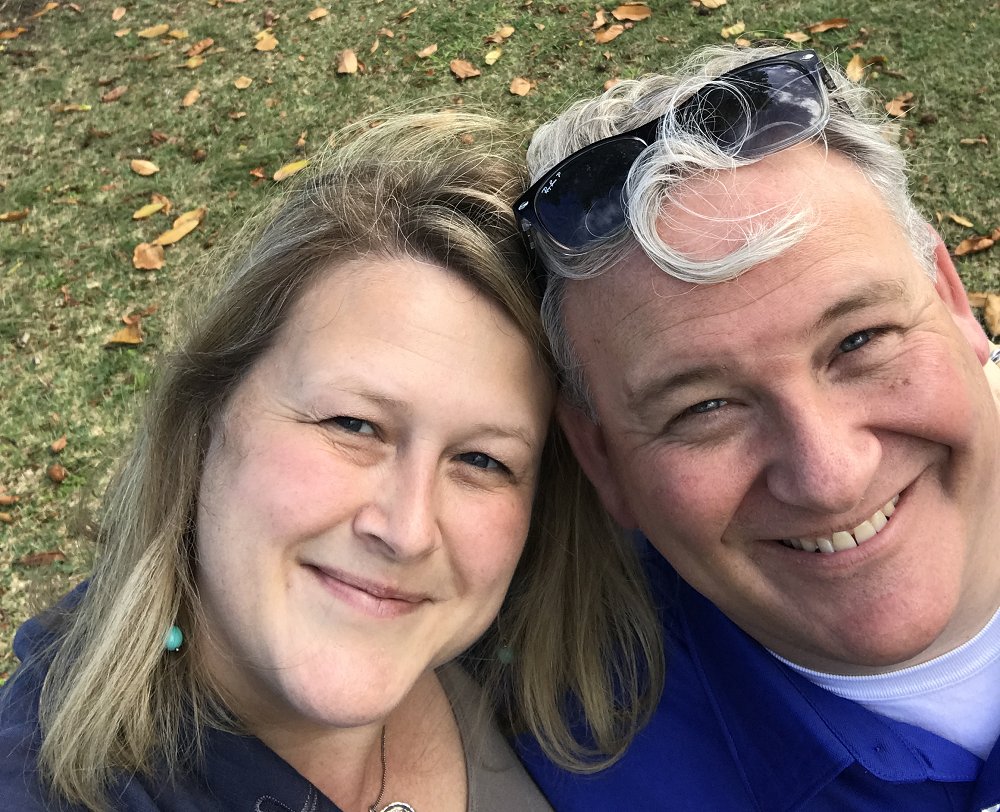
Many years ago, as a sophomore at Michigan State University, I fell in love with a guy. He was in a fraternity. He wasn’t your typical “frat guy”. Unlike most of his fraternity brothers, he didn’t drink alcohol. So, naturally, he served as the designated driver for his friends, and eventually our friends, on many nights. As is typically the case in college, I spent many nights with his friends, riding shotgun as he drove us to and from parties. Even as a mildly wild college sophomore, I knew there was something special about him and the way his friends looked out for each other. Protecting, or looking out for others came naturally to this guy, as if it was his purpose in his life. He made me feel safe.
Twenty years ago, I married him.
A couple years after our wedding, he and his fraternity brothers began the tradition of having an annual Guys’ Weekend. Not long after that, some of the wives of these guys and I came together for a Girls’ Weekend and we have been getting together annually ever since (as have the guys). We didn’t all know each other very well. Some of us didn’t know each other at all, so how it worked out so beautifully is probably 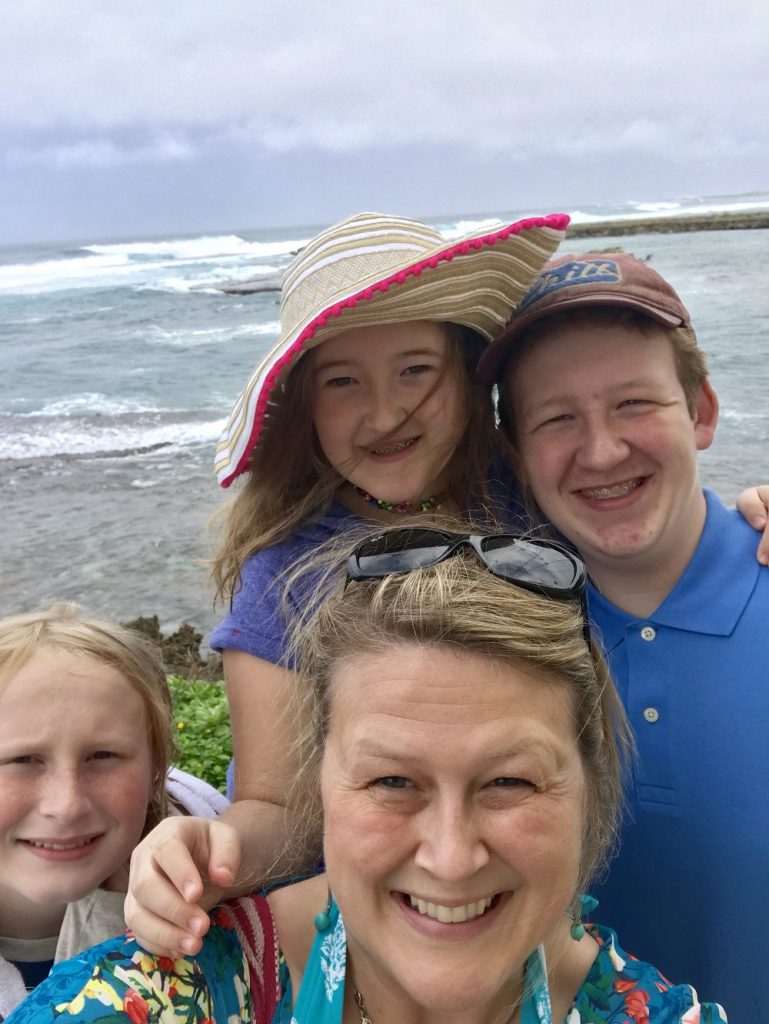 due as much to fate as it is to circumstance. We all have some roots or a connection to Michigan, but we’ve never lived near each other. At least one of us has lived out west through the years.
due as much to fate as it is to circumstance. We all have some roots or a connection to Michigan, but we’ve never lived near each other. At least one of us has lived out west through the years.
Despite the miles between us, we have stayed connected through our phones, e-mail and text messages. We all got married within a few years of each other and had our first babies within a few years of each other. For many years, one or more of us was pregnant when we gathered, and now, the first two babies are in their first year of college. Some of us have lost our fathers. We’ve supported each other through a lot since our first weekend together and I’m quite sure I wouldn’t be half the woman or mother I am if it wasn’t for these women, my goddesses.
Recently the goddesses and I were texting about the trials of young love that a few of their children were experiencing.
My kids aren’t quite there so I immediately thought of myself as a teenager. Even before I became a teen it is safe to say I was completely fascinated by boys. I wondered what made them tick. I wondered how they could move through life seeming so much less self-conscious than I felt. They just seemed to be more at ease in the world and I wondered why. I envied them. I joked with the goddesses that I spent much of my life trying to figure out boys, and then I had my own. Having two sons blew all my theories on boys.
In my preoccupation with boys, I see now that I had focused on how they were different from girls. I perceived them as different and I was determined to figure out why. As a mother of sons, I recognize that in as much as boys are different than girls, boys and girls have more in common than I thought. Sure, boys may be wired differently than girls and they may face different challenges based on how they move through their lives, but beneath the mechanics, both boys and girls just want to be loved.
They both want to be accepted just as they are.
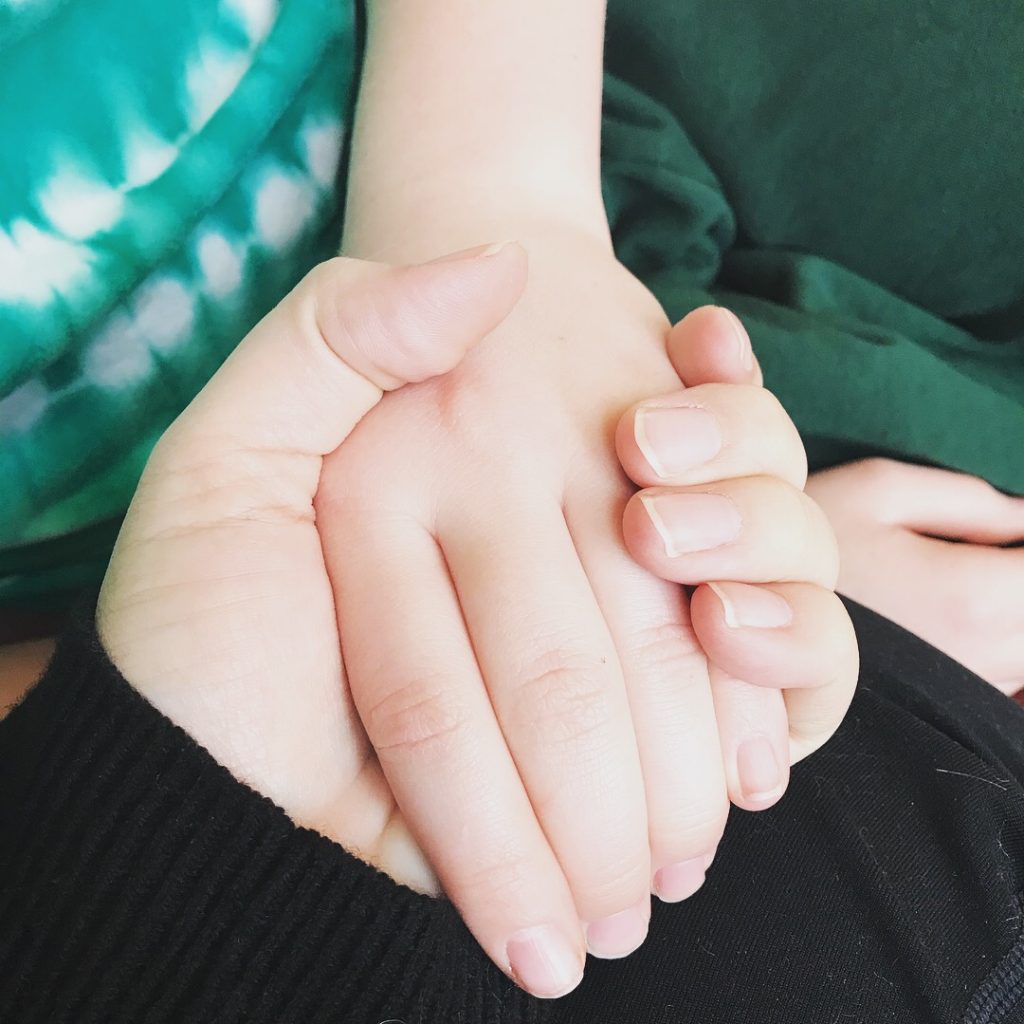
This realization struck me as odd because everything I had ever learned about boys and girls, from being a girl born in the 70’s in America, led me to believe that I was defined by my gender. I cannot even imagine growing up in a time when phrases like Girl Power and Follow Your Heart were plastered all over t-shirts and room décor, like my daughter is now.
And, if it wasn’t for my sons, I would have no idea how seeing these phrases everywhere impacts them as young, growing boys. Not knowing the history or the context for these phrases, they are left to wonder What about boys? and I, thankfully, knew better than to say, “It’s been all boy power all the time around here, kids and those days are over.” Instead, we’ve had thoughtful conversations about what it means to be a boy or a girl in America at this time, compared to other times in history.
What I once believed about the differences between boys and girls was born of cultural constructs created by society, and not at all by the boys and girls on which those constructs were based. We were never asked and we had no part in constructing the definitions society created for girlhood or boyhood, womanhood or manhood. We inherited the definitions formed by others from the past. These phrases plastered everywhere are not even meant for my daughter. They are there for me, the woman who grew up wondering about her place in the world, the woman who will now, undoubtedly, buy up all the signs and t-shirts holding the hope that her daughter will never question her place.
Raising children has turned my concept of the world on its ear in many ways.
I didn’t enter motherhood holding fast to my preconceived notions about what it meant to be a boy or a girl. I stayed open and I was curious. I was pregnant with my oldest during my first year of graduate school – for Social Work. I was determined to give my son dolls to 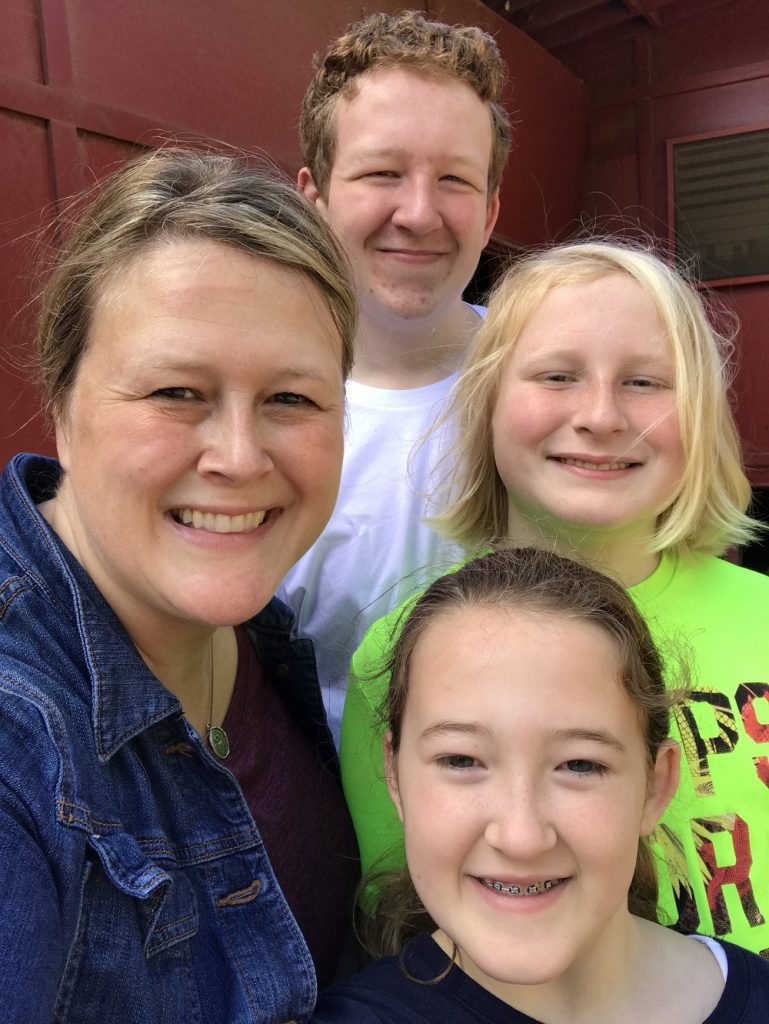 play with and to dress him in gender-neutral colors. I also swore I would never feed my kid a hot dog, one of the many promises I made about motherhood before I had children. Once he was born, I noticed that he treated Thomas the Tank Engine and the rest of his trains like I had treated my dolls as a little girl, with deep affection and adoration. He couldn’t have cared less what colors he wore. He was born with all the qualities I was determined to instill and nurture.
play with and to dress him in gender-neutral colors. I also swore I would never feed my kid a hot dog, one of the many promises I made about motherhood before I had children. Once he was born, I noticed that he treated Thomas the Tank Engine and the rest of his trains like I had treated my dolls as a little girl, with deep affection and adoration. He couldn’t have cared less what colors he wore. He was born with all the qualities I was determined to instill and nurture.
He didn’t need me to teach him how to be sensitive or compassionate, it was all already there.
When he was one and a half and I returned to finish my graduate degree, I listened as my younger, childless cohorts shared their views on gender differences and how parents perpetuate them. And while there was certainly truth in their arguments, there was also a vast hole in what they said. Somewhere in the difference between boys and girls, there were similarities that just weren’t discussed. These were very basic similarities, like whether you play with trucks or Barbie dolls, a child, boy or girl, still wants to fit in, still wants their needs met, still wants to feel accepted, and still needs to feel loved.
And now I wonder, what if we all acknowledged our differences, but focused on these very basic things we have in common, instead of ignoring our similarities and putting so much energy into protecting and defending our differences? At the end of the day, every day, we are all just humans doing the best we can.
Obviously, there is so much more to this conversation than what I share here. At the very least, for now, I am glad to have made space for acknowledging human differences and similarities. We don’t have to limit ourselves to being this or that. We are what is in between.
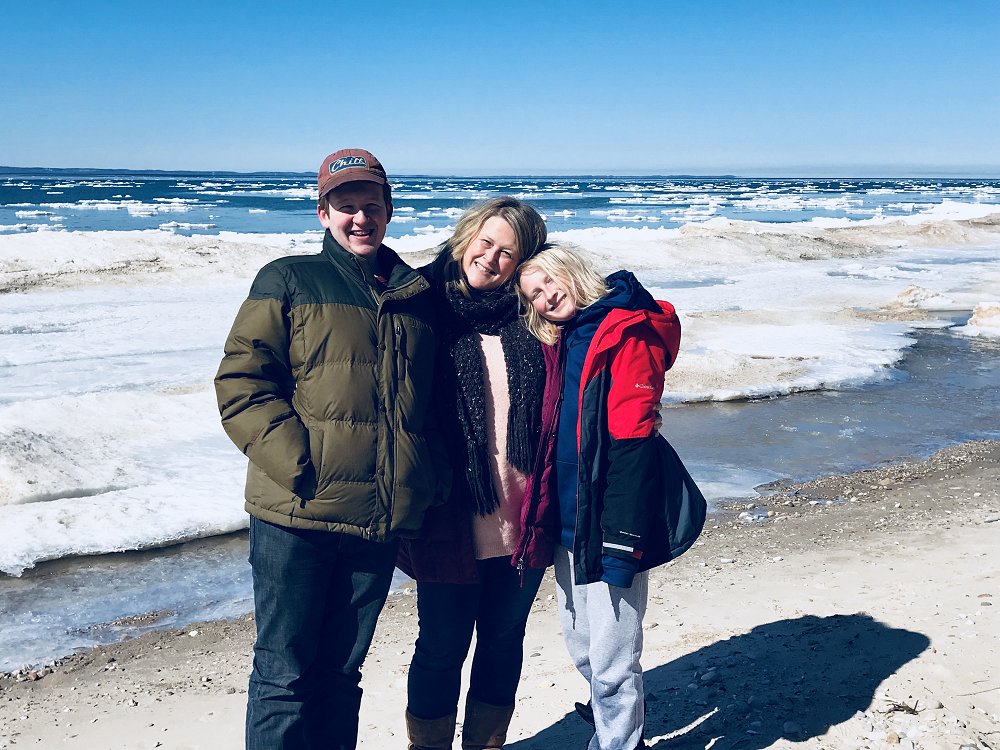
This applies to boys and girls and many, many other aspects of humanity. I find as I get older that my moments of self-reflection aren’t as much about me as they are about me as a mother, a wife, and a woman, and how these roles intersect with my children, my spouse, and honestly, everyone I meet. Granted, if I hadn’t been so curious about what made boys so different to begin with, I may have never landed in the arms of my husband and children, and the sacred company of wise and loving friends. Now that I’m here though, I am grateful for the awareness that at the core of every type of individual body, there is a heart that beats to the world-renowned tune of acceptance and love.
About the Author: Anna Oginsky
 Anna Oginsky is the founder of Heart Connected, LLC, a small Michigan-based workshop and retreat business that creates opportunities for guests to tune in to their hearts and connect with the truth, wisdom, and power held there. Her work is inspired by connections made between spirituality, creativity, and community. Anna’s first book, My New Friend, Grief, came as a result of years of learning to tune in to her own heart after the sudden loss of her father. In addition to writing, Anna uses healing tools like yoga, meditation, and making art in her offerings and in her own personal practice. She lives in Brighton, Michigan with her husband, their three children, and Johnny, the big yellow dog. Connect with her on her website; Twitter; Facebook; or Instagram.
Anna Oginsky is the founder of Heart Connected, LLC, a small Michigan-based workshop and retreat business that creates opportunities for guests to tune in to their hearts and connect with the truth, wisdom, and power held there. Her work is inspired by connections made between spirituality, creativity, and community. Anna’s first book, My New Friend, Grief, came as a result of years of learning to tune in to her own heart after the sudden loss of her father. In addition to writing, Anna uses healing tools like yoga, meditation, and making art in her offerings and in her own personal practice. She lives in Brighton, Michigan with her husband, their three children, and Johnny, the big yellow dog. Connect with her on her website; Twitter; Facebook; or Instagram.
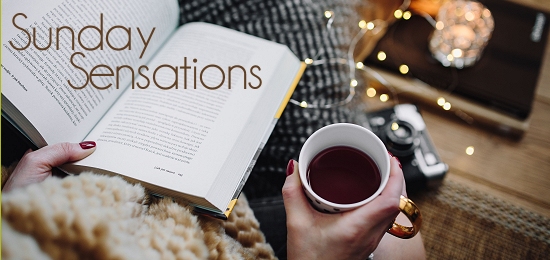
 apostles, goes to a house full of mourning. It seems Tabitha was much loved because she made clothes for widows and orphans. Peter, struck by her compassion and the grief of the people, raises her back to life.
apostles, goes to a house full of mourning. It seems Tabitha was much loved because she made clothes for widows and orphans. Peter, struck by her compassion and the grief of the people, raises her back to life.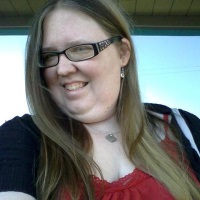 Tabitha is a social media strategist, writer, blogger, and professional geek. Among her published works are the children’s books Jack the Kitten is Very Brave and Machu the Cat is Very Hungry, both published under the name Tabitha Grace Smith. A California girl (always and forever) she now lives in Maryland with her husband, son, and a collection of cats, dogs, and chickens. Find out more about her on her Amazon author page or follow her on Twitter: @Tabz.
Tabitha is a social media strategist, writer, blogger, and professional geek. Among her published works are the children’s books Jack the Kitten is Very Brave and Machu the Cat is Very Hungry, both published under the name Tabitha Grace Smith. A California girl (always and forever) she now lives in Maryland with her husband, son, and a collection of cats, dogs, and chickens. Find out more about her on her Amazon author page or follow her on Twitter: @Tabz.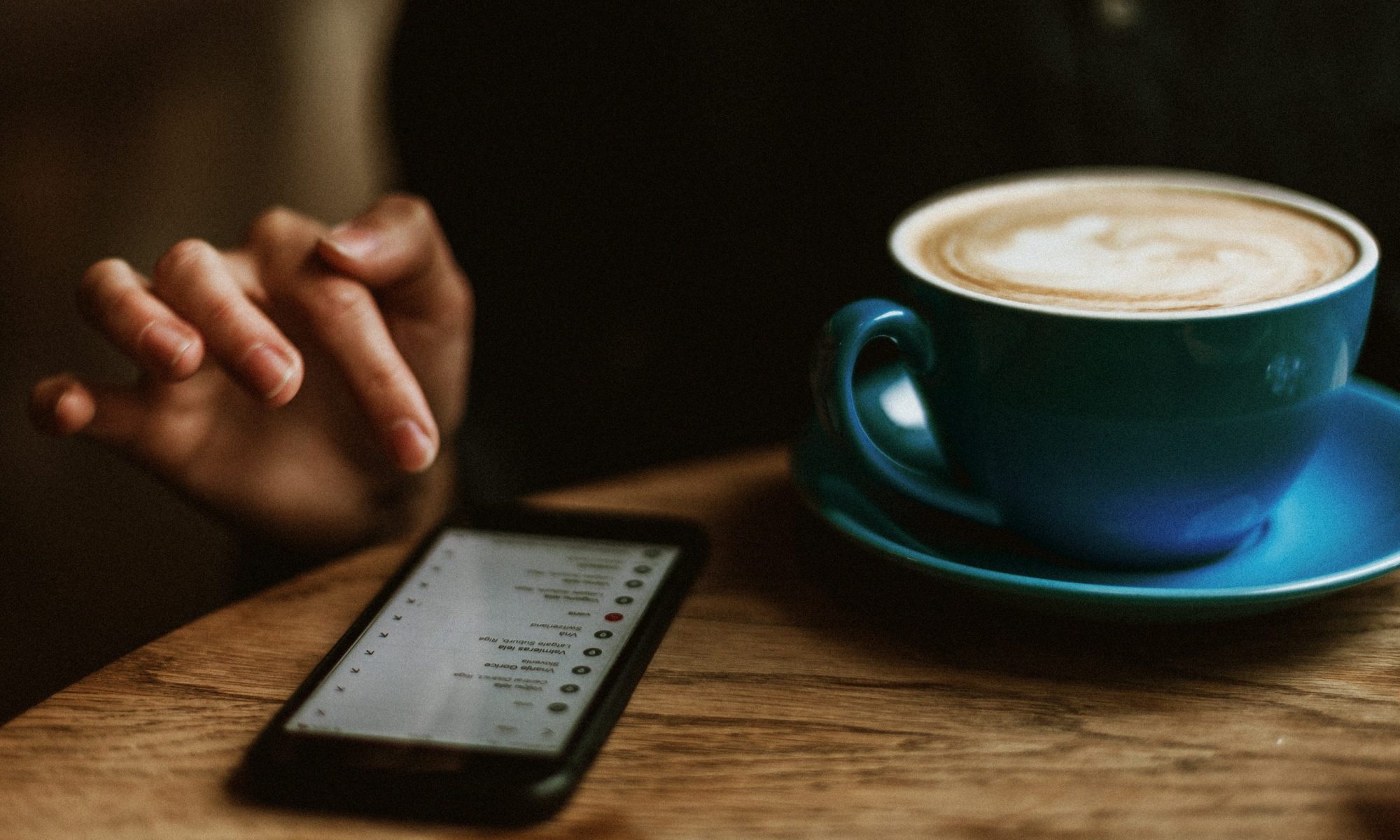
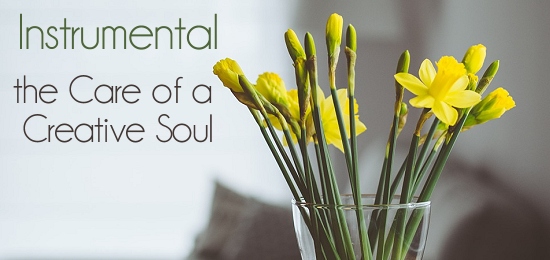

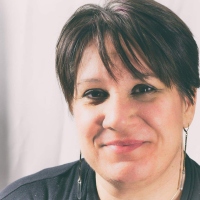
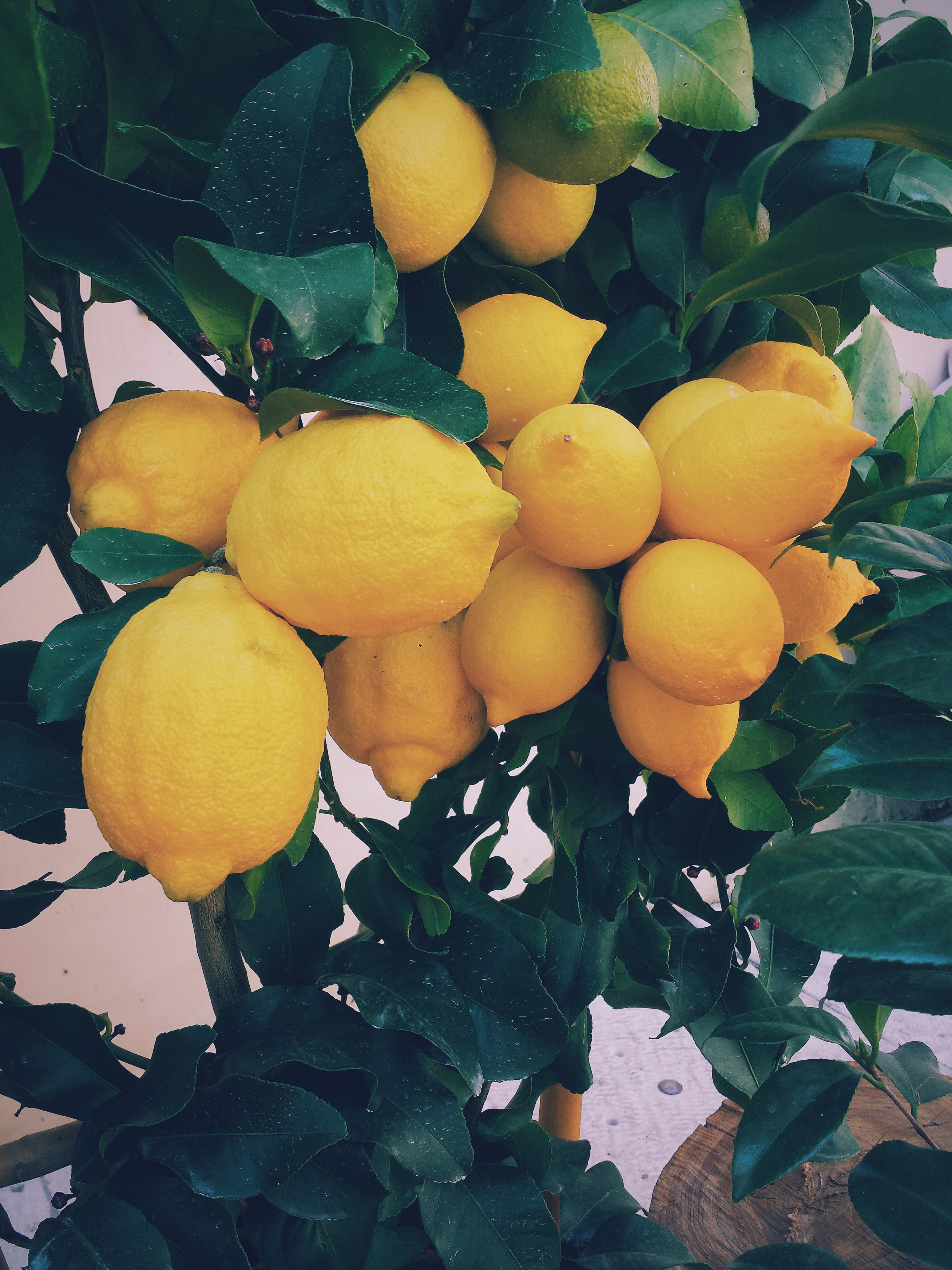 The slope is steep but cultivated:
The slope is steep but cultivated: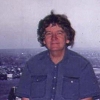 John Grey is an Australian poet, US resident. Recently published in New Plains Review, South Carolina Review, Gargoyle and Big Muddy Review with work upcoming in Louisiana Review, Cape Rock and Spoon River Poetry Review.
John Grey is an Australian poet, US resident. Recently published in New Plains Review, South Carolina Review, Gargoyle and Big Muddy Review with work upcoming in Louisiana Review, Cape Rock and Spoon River Poetry Review.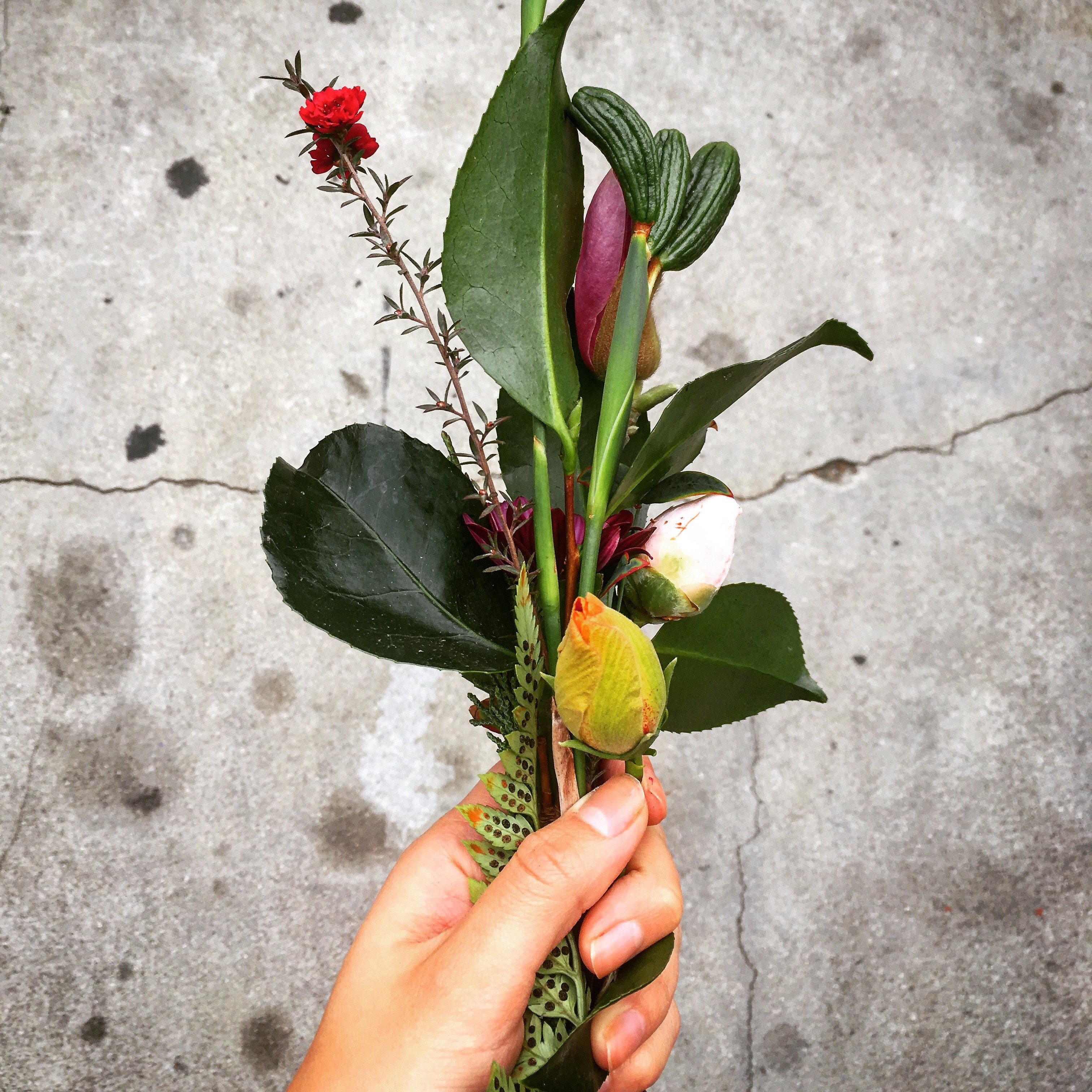
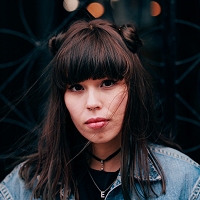

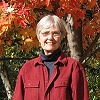 Patricia Wellingham-Jones is a widely published former psychology researcher and writer/editor. She has a special interest in healing writing, with poems recently in The Widow’s Handbook (Kent State University Press). Chapbooks include Don’t Turn Away: poems about breast cancer, End-Cycle: poems about caregiving, Apple Blossoms at Eye Level, Voices on the Land and Hormone Stew.
Patricia Wellingham-Jones is a widely published former psychology researcher and writer/editor. She has a special interest in healing writing, with poems recently in The Widow’s Handbook (Kent State University Press). Chapbooks include Don’t Turn Away: poems about breast cancer, End-Cycle: poems about caregiving, Apple Blossoms at Eye Level, Voices on the Land and Hormone Stew.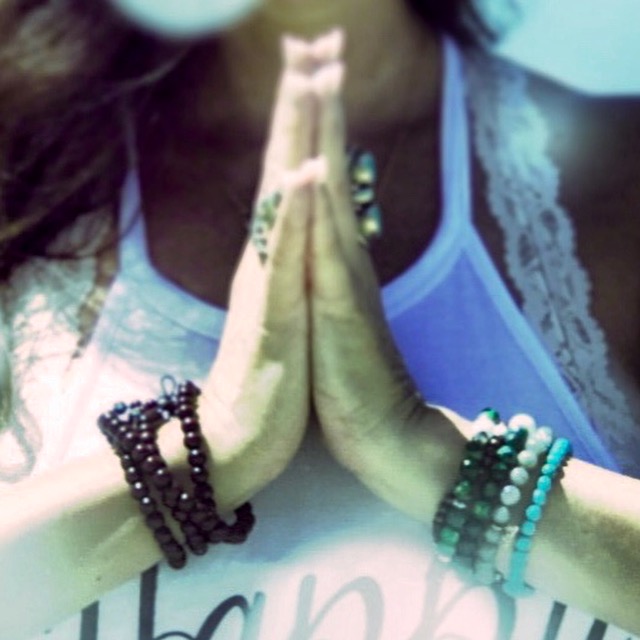
 Kolleen Harrison is a creative living in the beautiful Central Coast of California. She is the Founder of LOVEwild and Founder/Maker of Mahabba Beads. Her passions lie in nurturing her relationship with God, loving on her happily dysfunctional family, flinging paint in her studio, dancing barefoot, making jewelry (that is so much more than “just jewelry”), and spreading love and kindness wherever and whenever she can. You can find her popping in and out at
Kolleen Harrison is a creative living in the beautiful Central Coast of California. She is the Founder of LOVEwild and Founder/Maker of Mahabba Beads. Her passions lie in nurturing her relationship with God, loving on her happily dysfunctional family, flinging paint in her studio, dancing barefoot, making jewelry (that is so much more than “just jewelry”), and spreading love and kindness wherever and whenever she can. You can find her popping in and out at 
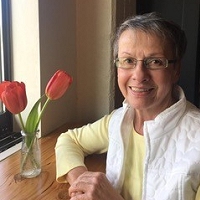 Pat Phillips West lives in Olympia, WA. A Pushcart and Best of the Net nominee, her work has appeared in Haunted Waters Press, Persimmon Tree, VoiceCatcher, San Pedro River Review, Slipstream, Gold Man Review and elsewhere.
Pat Phillips West lives in Olympia, WA. A Pushcart and Best of the Net nominee, her work has appeared in Haunted Waters Press, Persimmon Tree, VoiceCatcher, San Pedro River Review, Slipstream, Gold Man Review and elsewhere.
 due as much to fate as it is to circumstance. We all have some roots or a connection to Michigan, but we’ve never lived near each other. At least one of us has lived out west through the years.
due as much to fate as it is to circumstance. We all have some roots or a connection to Michigan, but we’ve never lived near each other. At least one of us has lived out west through the years.
 play with and to dress him in gender-neutral colors. I also swore I would never feed my kid a hot dog, one of the many promises I made about motherhood before I had children. Once he was born, I noticed that he treated Thomas the Tank Engine and the rest of his trains like I had treated my dolls as a little girl, with deep affection and adoration. He couldn’t have cared less what colors he wore. He was born with all the qualities I was determined to instill and nurture.
play with and to dress him in gender-neutral colors. I also swore I would never feed my kid a hot dog, one of the many promises I made about motherhood before I had children. Once he was born, I noticed that he treated Thomas the Tank Engine and the rest of his trains like I had treated my dolls as a little girl, with deep affection and adoration. He couldn’t have cared less what colors he wore. He was born with all the qualities I was determined to instill and nurture.
 Anna Oginsky is the founder of Heart Connected, LLC, a small Michigan-based workshop and retreat business that creates opportunities for guests to tune in to their hearts and connect with the truth, wisdom, and power held there. Her work is inspired by connections made between spirituality, creativity, and community. Anna’s first book, My New Friend, Grief, came as a result of years of learning to tune in to her own heart after the sudden loss of her father. In addition to writing, Anna uses healing tools like yoga, meditation, and making art in her offerings and in her own personal practice. She lives in Brighton, Michigan with her husband, their three children, and Johnny, the big yellow dog. Connect with her on her
Anna Oginsky is the founder of Heart Connected, LLC, a small Michigan-based workshop and retreat business that creates opportunities for guests to tune in to their hearts and connect with the truth, wisdom, and power held there. Her work is inspired by connections made between spirituality, creativity, and community. Anna’s first book, My New Friend, Grief, came as a result of years of learning to tune in to her own heart after the sudden loss of her father. In addition to writing, Anna uses healing tools like yoga, meditation, and making art in her offerings and in her own personal practice. She lives in Brighton, Michigan with her husband, their three children, and Johnny, the big yellow dog. Connect with her on her 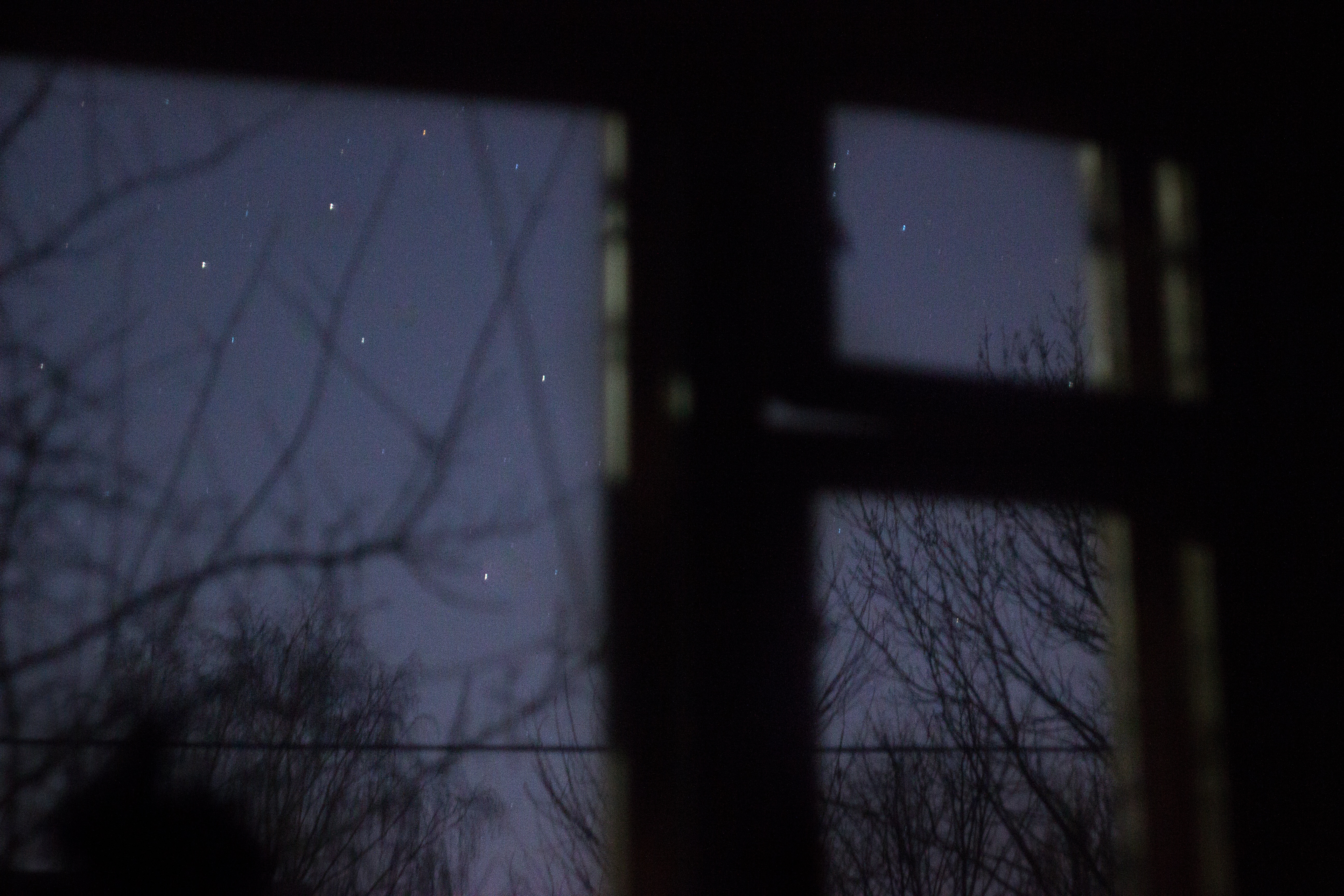
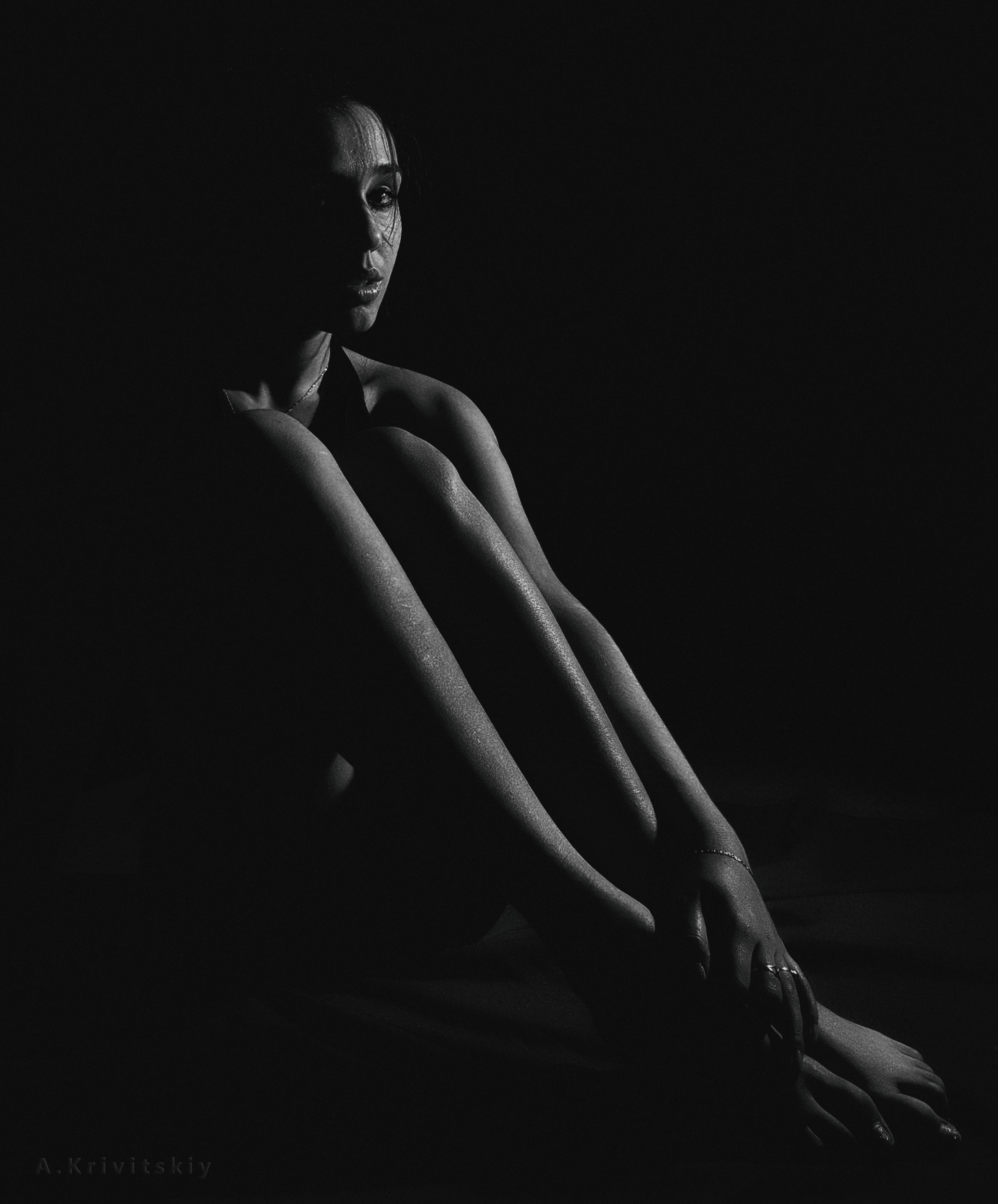 Like the pin-up on the calendar
Like the pin-up on the calendar